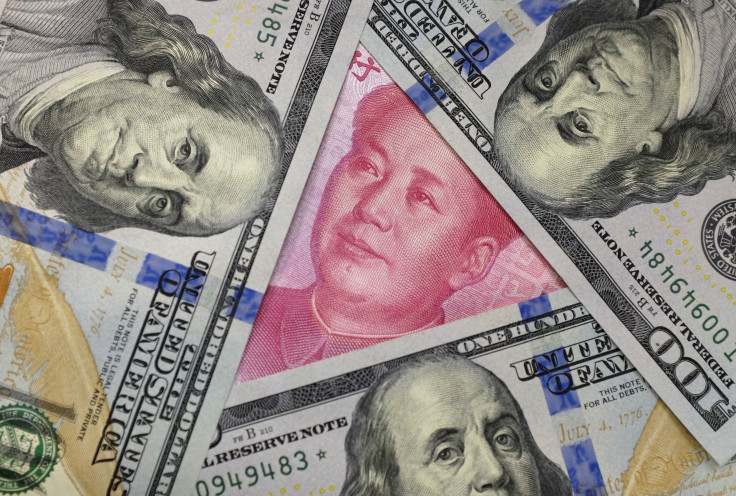China’s Central Bank Hits Out At WSJ, Bloomberg, Denies Rollback Of Exchange Rate Policy Reforms

SHANGHAI — China’s central bank lashed out at international media, and denied reports it has abandoned market-based fixing of the Chinese yuan exchange rate, or is planning to ask the U.S. Federal Reserve for advance information about possible rises in U.S. interest rates.
The comments by the People’s Bank of China (PBOC), in a strongly worded statement on its official Chinese social media account Friday, follow reports earlier this week by the Wall Street Journal and Bloomberg News. The former reported that Beijng had, in January, stepped back from reforms allowing market forces to play a greater role in setting the rate of the yuan, fearing currency instability amid market speculation about a major devaluation. Bloomberg, meanwhile, said the PBOC would seek information from the Fed about whether it planned to raise rates – something that would likely lead to further depreciation of the yuan – during a China-U.S. economic dialogue next month.
In its post on social media site Sina Weibo, however, the PBOC denounced these reports as a “fabrication” and said they had “misled readers and misled market sentiment.”
“We condemn such irresponsible actions, which contravene professional ethics of journalism, and reserve the right to pursue relevant responsibility through legal channels,” it said, adding: “The People’s Bank of China has always maintained its [policy] direction of market-oriented reforms, strengthening the floating of the RMB in both directions, and preserving the basic stability of the RMB exchange rate at a reasonable and balanced level.”
The unusually strong-worded criticism, and even rarer threat to take legal action, are a sign of official sensitivity in China over the yuan exchange rate. Anxiety over the issue has been high since August last year, when the PBOC abruptly announced that it was devaluing the currency by some 3 percent against the U.S. dollar over two days — the first such devaluation after many years in which the yuan had been closely pegged to the dollar.
The PBOC later said its move was a response to the dollar’s high valuation, which it said had made the yuan excessively strong against other currencies, including the euro, and had hit China’s exports. It also said it was seeking to set the yuan’s exchange rate against a basket of currencies, as part of market-oriented moves ahead of its inclusion in the International Monetary Fund’s Special Drawing Rights basket of reserve currencies, which was finalized late last year.
However, the PBOC came in for widespread criticism for its handling of the devaluation, and with China’s economic growth slowing, also faced heavy speculation at the beginning of this year that the currency — which had lost some 4 percent of its value against the dollar by the end of 2015 — might fall significantly further. The Chinese authorities are believed to have spent several hundred billion dollars propping up the value of the yuan on international markets, particularly around the turn of the year.
The Wall Street Journal reported that policy-makers decided, at the meeting in January, that they needed to take action to prevent capital outflows, and saw the benefits of freeing the yuan as outweighed by threats to China’s economic stability. It said the government was now alternating between setting the yuan’s value against the dollar and the basket of other currencies.
The row comes amid speculation about how far China’s leadership is committed to economic reforms it has repeatedly pledged to implement — particularly reforms of state firms. Observers say such enterprises tend to prefer a more stable, less market-based exchange rate. The central bank and many exporters, however, are believed to favor allowing the currency to find its market value.
Intervention to prop up the yuan’s value is seen to have slowed in the past few months, however, as some of China's economic indicators have picked up slightly. And some analysts say the PBOC still hopes the yuan can be traded freely in the longer term.
This week, the central bank actually weakened the currency fixing to its lowest level in five years — setting it briefly at below the market rate — to reflect a strengthening dollar. Some analysts have speculated that this was designed to reduce sudden deflationary pressure on the yuan, and resulting capital outflows, if the U.S. does raise its interest rates in the coming months.
© Copyright IBTimes 2024. All rights reserved.






















